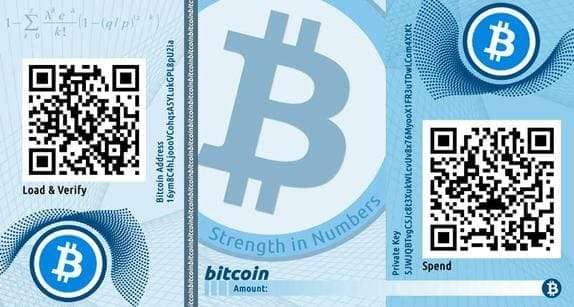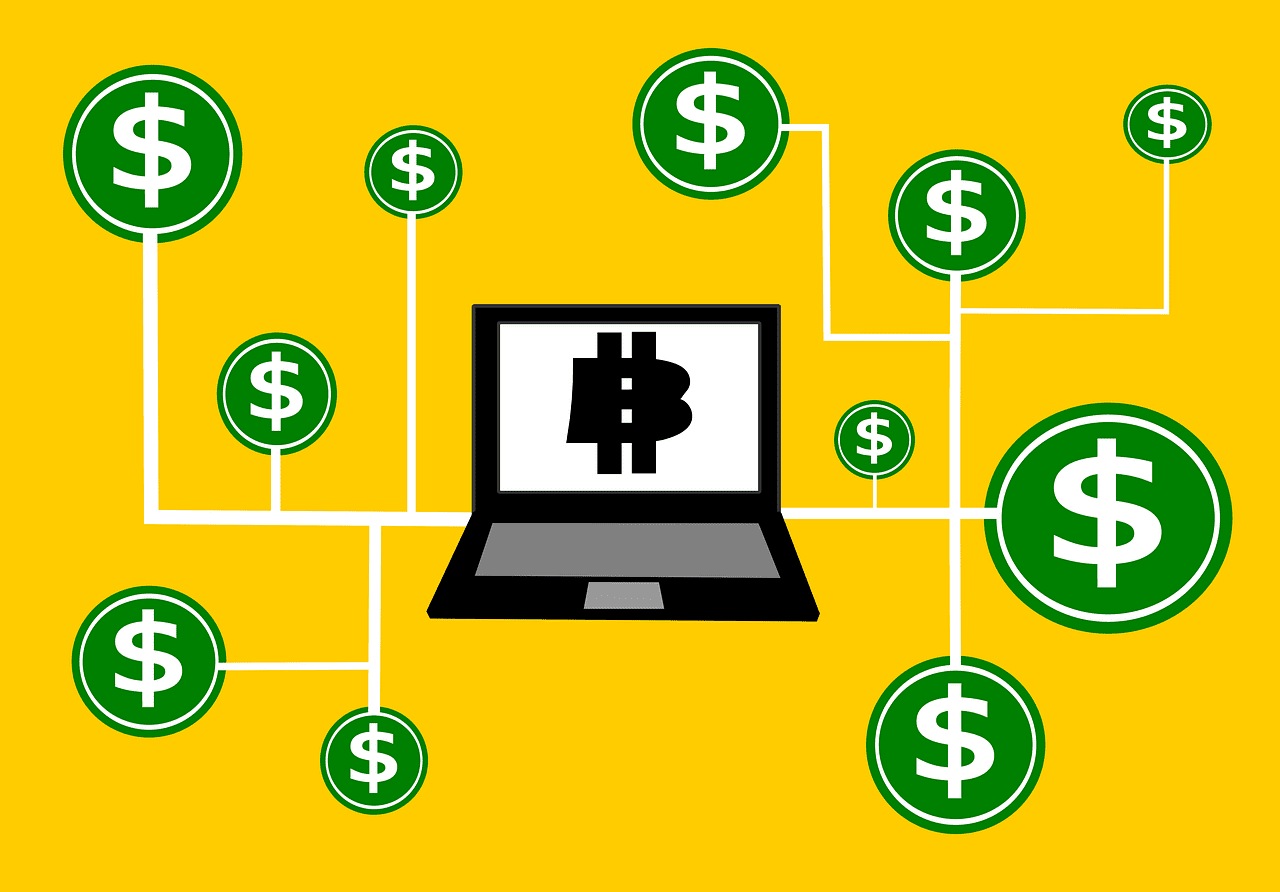Content
Professional mining companies might have their own wind or solar farms to power their production. It’s a nifty system because it keeps the blockchain safe and secure, while miners are rewarded with the cryptocurrency they just mined. Even people with an ASIC mining machine at home tend to pool their computing power with other ASIC owners and share the Bitcoin reward based on their contribution to the pool. While you can successfully mine a block solo, that feat is often compared to winning the lottery. Mining pools can benefit individual miners in terms of hardware and electricity costs, but their domination in mining has raised concerns about a possible 51% attack on networks. In addition to introducing new BTC into circulation, mining serves the crucial role of confirming and validating new transactions on the Bitcoin blockchain.

Verifying Bitcoin transactions and recording them on the blockchain involves solving complex algorithms. This is all part of Bitcoin’s proof of work consensus mechanism, which aims to add a new block every 10 minutes. Since the first successful miner is granted a block reward, the probability of finding the correct hash is extremely low. Miners with a small percentage of the mining power have a very small chance of discovering the next block on their own. Application-Specific Integrated Circuit is designed to serve a single specific purpose.
Initial coin offerings
Companies buy mining equipment and pay for the electricity that keeps it functioning. The value of the mined coins must be greater than the cost of mining those coins for this to be profitable. The calculations required to confirm and record each new crypto transaction, as well as secure the blockchain’s security, are performed by specialised computers.
The difference here is that each block carries information about where bitcoin is coming from and where it’s going to in a transaction. Therefore, integrity and verification of each block prior to and after is as important as the verification of any given block. Bitcoin mining is legal in a lot of countries, but it is not permitted in some, such as China. Understand your local laws before venturing into bitcoin mining. Bitcoin mining is a process of verifying and recording new bitcoin transactions. Eric Rosenberg is a financial writer with more than a decade of experience working in banking and corporate accounting.
Largest Bitcoin Mining Farms in the World
The first step is to set up the hardware properly and search for a strong power connection. The person then can create a mining wallet in any trading platform of their choice and join a mining pool to proceed further. The most important step is installing an effective mining software such as Awesome Miner, Easy Miner, and Pionex and then inserting the wallet details and the information about the mining pool. The Bitcoin miners are suggested to use mining hardware, such as Ebang, Antminer, Minedollars, AvalonMiner, or more that generates new Bitcoins after every 10 minutes. To mine Bitcoin, the miner is advised to invest in a powerful setup designed specifically for mining cryptos. Excessive or advanced computer knowledge must be possessed to operate the hardware system.
- As with any money-making venture, eventually a criminal element will find a way to exploit it.
- Crypto mining isn’t so much a process of extraction as it is one of creation, which requires solving a complex mathematical puzzle via advanced computer hardware and technical expertise.
- One company is operating data centers for mining operations at Canadian oil and gas field sites, due to low gas prices.
- Meanwhile, new coins are generated to reward miners for their work in securing the network.
- Mining servers also have larger cross-sectional areas to allow for better airflow across their specialized chips to enable better heat dissipation.
- Over time, as miners deploy more advanced machines to solve PoW, the difficulty of equations on the network increases.
Bitcoin, the world’s most popular cryptocurrency, went from $68,000 in November 2021 to around $16,000 by the start of January this year. Meet crypto mining, the complicated system https://xcritical.com/ that runs on hash rates, a race to crack the code and math. You can also consider cloud mining, where you buy or lease hardware or rent computing power hosted by a third party.
What are altcoins? A guide to the cryptocurrencies beyond Bitcoin
At the root of every cryptocurrency is a blockchain, which is essentially an electronic ledger sustaining a continuously growing list of records. The blocks in the chain are basically files where data such as Bitcoin transactions are recorded, including which miner successfully created that particular block. Each block also includes a hash, a unique 64-digit hexadecimal value identifying it and its contents, as well as the hash of the previous block in the chain.

As new blockchain transactions are made, they are sent to a pool called a memory pool. A miner’s job is to verify the validity of these pending transactions and organize them into blocks. As mentioned above, the easiest way to acquire Bitcoin is to simply buy it on one of the many Bitcoin exchanges. If you want to estimate how much bitcoin you could mine with your mining rig’s hash rate, the site CryptoCompare offers a helpful calculator. Blockchain “mining” is a metaphor for the computational work that nodes in the network undertake in hopes of earning new tokens. In reality, miners are essentially getting paid for their work as auditors.
Is mining the only way to get Bitcoin and other cryptocurrencies?
The first computer to find the solution to the problem receives the next block of bitcoins and the process begins again. With an excellent power source, mining hardware, and power efficiency, a bitcoin miner can get up to a hash rate of 10Th/s. However, the profitability of bitcoin mining depends on power cost, price of bitcoin, and power consumption. While miners may decide to go solo, joining a pool offers them immense benefits. Pool mining utilizes joint hardware capacity and allows miners to spread risks and energy costs while at the same time increasing their stakes of discovering a block and earning a block reward. It is also relatively less costly to join a mining pool, given that the capital requirement is spread across several miners.
In September 2021, the Chinese government declared all cryptocurrency transactions of any kind illegal, completing its crackdown on cryptocurrency. Cryptocurrency prices are much more volatile than trading platform crypto established financial assets such as stocks. For example, over one week in May 2022, Bitcoin lost 20% of its value and Ethereum lost 26%, while Solana and Cardano lost 41% and 35% respectively.
Why Mine Bitcoin?
The industrial scale and massive power consumption inherent to cryptocurrency mining operations have led to negative attention from governments, media, and consumers. Countries like China, Russia, Vietnam, Bolivia, Columbia, and Ecuador have already banned Bitcoin from being used as payment for goods and services. As with any money-making venture, eventually a criminal element will find a way to exploit it. Although anyone can become a miner, the cost of the hardware and energy required to be competitive and solve complex mathematical problems first can be a big barrier to entrance. Miners can hire a black market botnet, but a more positive solution is for miners to use cloud services.
How To Receive Rewards
Most people think of crypto mining simply as a way of creating new coins. Crypto mining, however, also involves validating cryptocurrency transactions on a blockchain network and adding them to a distributed ledger. Most importantly, crypto mining prevents the double-spending of digital currency on a distributed network.